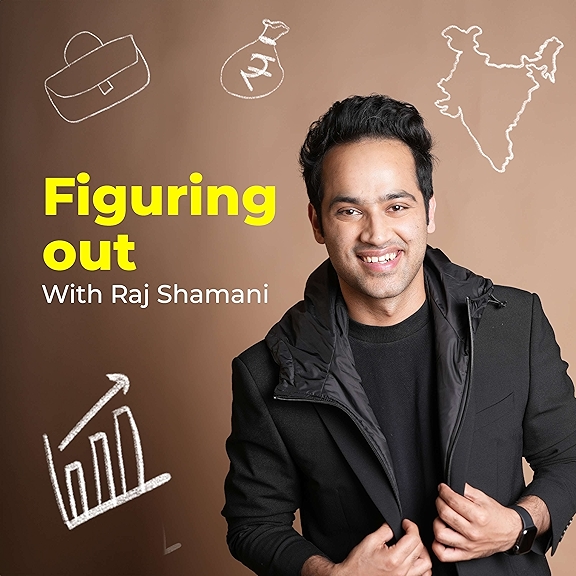
Stride Funding: Where Your Education is an Investment and not a Debt
Find out how you can benefit from Stride Funding [Show Summary]
Tess Michaels shares what’s new at Stride Funding, the innovative educational financing company she founded, and reflects on the impact that her Harvard Business School MBA has had on her impressive success today.
Interview with Tess Michaels, Founder and CEO of Stride Funding [Show Notes]
Welcome to the 495th episode of Admissions Straight Talk. Thanks for tuning in. I don't usually plug Accepted services on this podcast, but Accepted is having a fantastic special, the last one of 2022, and I would be remiss if I didn't share this news with Admissions Straight Talk's listeners. You can save up to $1,000 on Accepted services between now and November 14th. You premeds looking to next year, now is your opportunity to lock in a package at this very special rate AND start your application early. For those of you with December and January deadlines interested in a few hours of invaluable editing and advising, you too can save. Go to accepted.com, choose the type of service that's best for you, and use coupon code SAVENOW. This special ends November 14th.
I'd like to welcome back to Admissions Straight Talk Tess Michaels, Founder and CEO of Stride Funding. Tess graduated from Penn with a Bachelor's in Applied Science and another Bachelor's from the Wharton School in Global Impact Investing and Operations Management. While at Penn, she founded SOCEANA, a platform to democratize giving and promote corporate volunteerism, which was acquired in 2018. After graduating and being accepted to Harvard's 2+2 program, she worked at Goldman Sachs as an analyst for two years, and then at Vista Equity Partners as a private equity associate. As soon as she arrived at Harvard Business School, she founded Stride Funding, which we're going to learn a lot more about in today’s show.
Can you give us an overview of Stride Funding's approach to student financing and how it differs from traditional student loans? [2:20]
Absolutely. As you mentioned, I was actually inspired by my own experience as a student when founding Stride. I was part of the 2+2 program at Harvard. I knew I was going to pursue my MBA, and candidly went through the back and forth of the question, “Is it worth it to go back to school?” That sticker price is just so hefty, and I realized a lot of my peers were in the same boat. I was even asking everyone, "If you could solve one thing, what would it be?" and everyone kept saying, "I want to go back to school, but the costs are prohibitive and I have no guarantee around the outcomes."
I became really fascinated with two concepts. One, how do we actually structure products to align incentives and naturally tie into the outcomes that students receive?
And secondly, how do we increase access? I found it so backward that despite going to a great school and great program, almost every lender asks for students to have co-signers. In fact, 92% of private loans require a co-signer which really just means being backed up by a wealthy parent or family member who has a clean credit score and can guarantee your loan. To me, that felt like such a backward system because the whole point of going to school is to do better than your family and to create future potential in your growth. I'm happy to walk through the ways that we've addressed this with Stride's products, but that was really where we started.
https://www.youtube.com/watch?v=AkoM2kAG-fM
Can you describe Stride Funding's three products? [4:08]
We have three products on the market and are continuing to grow our product set. They range on the spectrum of product differentiation and then differentiation on access. Each of our products is non-co-signer based. Anytime you come to Stride, you know that you are going to be evaluated based on your future potential, not your historical background. That's a core belief at Stride. With that being said, we have products that are more traditional,




















